5. Endless Night (1972)
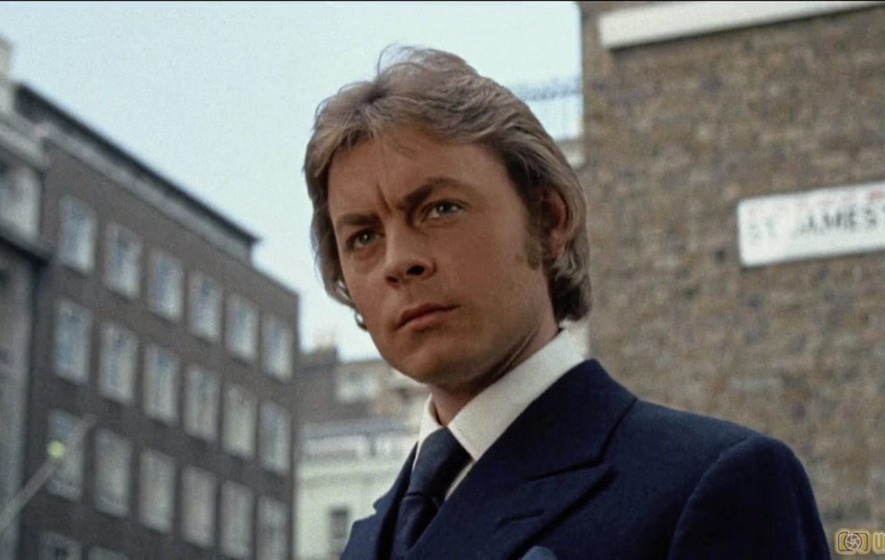
Another standalone novel (and Christie’s favorite of her own work), “Endless Night” is a strikingly different flavor of the Lady of Crime’s usual output. Though someone does eventually die in the story, this is not a whodunnit, but rather a moody tale of secrets and betrayal that even flirts with the supernatural.
Because of the nature of the narrative, this movie, more than any other Christie adaptation (even the better ones at the top of this list) has the airs of a “serious” film. It’s weighty with themes like class disparity and social climbing, spends a lot of time with character development, and even leaves a few unanswered questions by the end (a mortal sin in mainstream mystery storytelling).
Writer/director Sidney Gilliat doesn’t exactly have the chops to completely fulfill his ambitions, but “Endless Night” is still an engaging and intriguing movie, aided by plenty of great production value (it features excellent production design and a typically wonderful Bernard Hermann score) and definitely should be more seen and talked about alongside the best Christie movies.
4. Evil Under the Sun (1982)
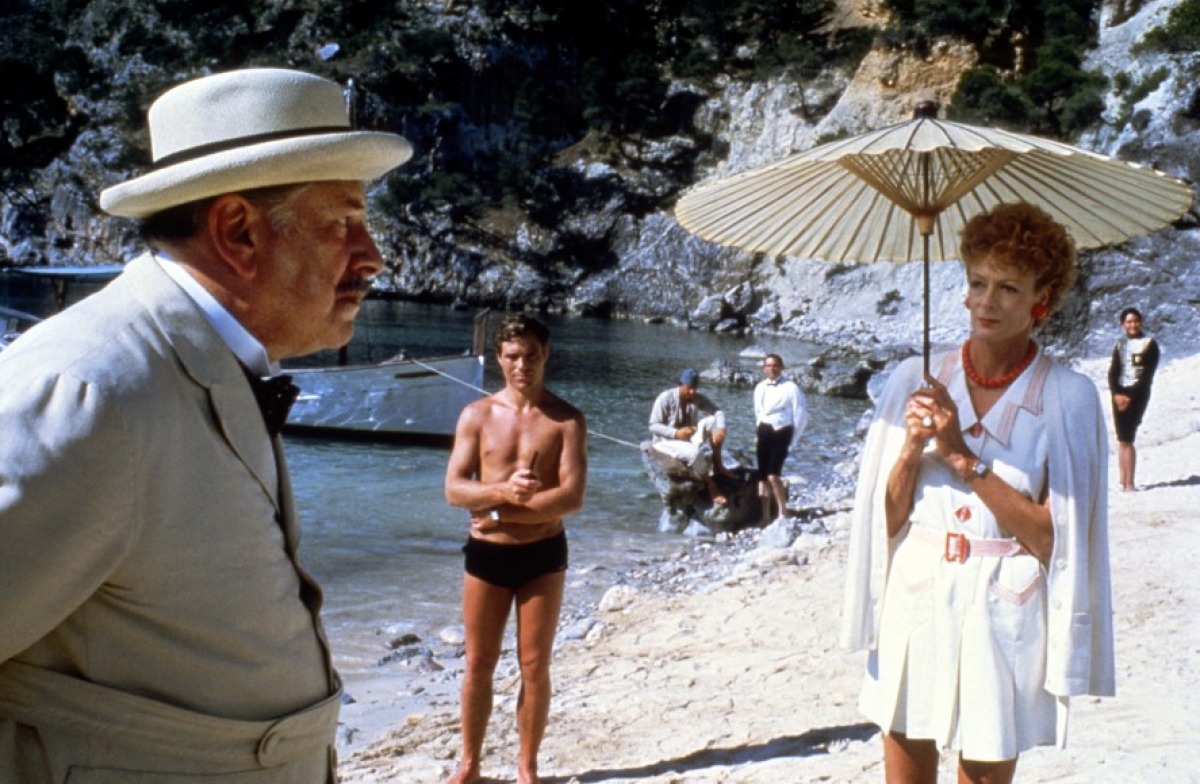
It’s time for a shameful confession to all my fellow Christie fans reading this: I’ve never seen the British TV series and, therefore, am not acquainted with David Suchett playing Hercule Poirot (I know, I know). So, while I’m aware that he is by far the fan favorite of all the actors to have portrayed the character, my only frame of reference is the cinematic versions and, of those, Peter Ustinov’s is easily the best.
Sure, he’s slightly more comical than the book’s Poirot, who, in spite his inherent big mustache and ridiculous heavy accent, always possessed an almost regal self-respect; but Ustinov perfectly captures not only the character’s other-worldly intelligence but also his arrogance and frequent impatience with others’ slowness of wit.
Directed by James Bond alum Guy Hamilton (who also helmed “The Mirror Crack’d”),”Evil Under the Sun,” Ustinov’s sophomore outing as literature’s greatest sleuth (sorry, Arthur Conan Doyle) is a blast, with a wonderfully intricate but smartly structured mystery (more on that on the next entry) and a great sense of humor, an essential element of Christie that is often overlooked when adapting her works.
3. Death on the Nile (1978)
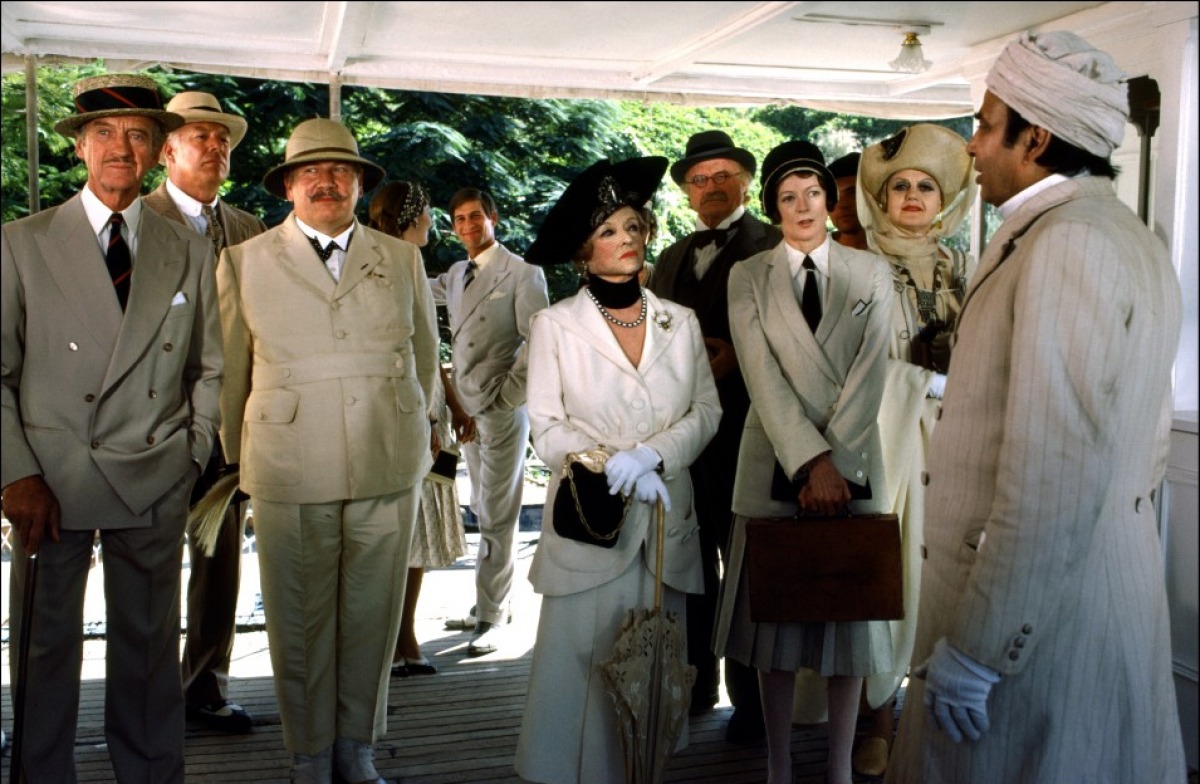
The first two Poirot movies starring Peter Ustinov are basically on par in terms of quality, but the slight edge must be given to “Death on the Nile” over “Evil Under the Sun,” since everything that is great about the latter is also present in the former (like the endless roster of some of Britain’s finest thespians showing up; the breezy tone; Ustinov himself), plus a more ambitious visual style (director John Guillermin makes good use of the beautiful egyptian vistas). The movie is just generally more accomplished craft-wise, including top-notch production design, a very good Nino Rota score, and Academy-Award winning costume design.
In both movies, however, the main person responsible for the quality of the film is the same: screenwriter Anthony Shaffer. Cinematic adaptations of mystery novels, in general, have a tendency to streamline the complexities of the genre, diluting the many subtle clues the writers imbue in their work and, in the process, making the whole thing feel rather dull and simplistic. That’s not the case with Shaffer, a mystery specialist in his own right (he wrote the play “Sleuth,” which later became a great movie); he is able to translate the structural ingenuity of Christie, with her many red herrings and misdirections into a compelling and genuinely well-constructed story.
There’s a reason the final reveal scenes in these movies are so satisfying: there isn’t a cheat, a vital piece of information that was held back and then conveniently remembered. Everything one needed to know to figure out the mystery was there, but the writing is skilled enough to make you not pay attention to it until the very final moments. It’s like watching a magic trick; pure joy.
2. Witness for the Prosecution (1957)
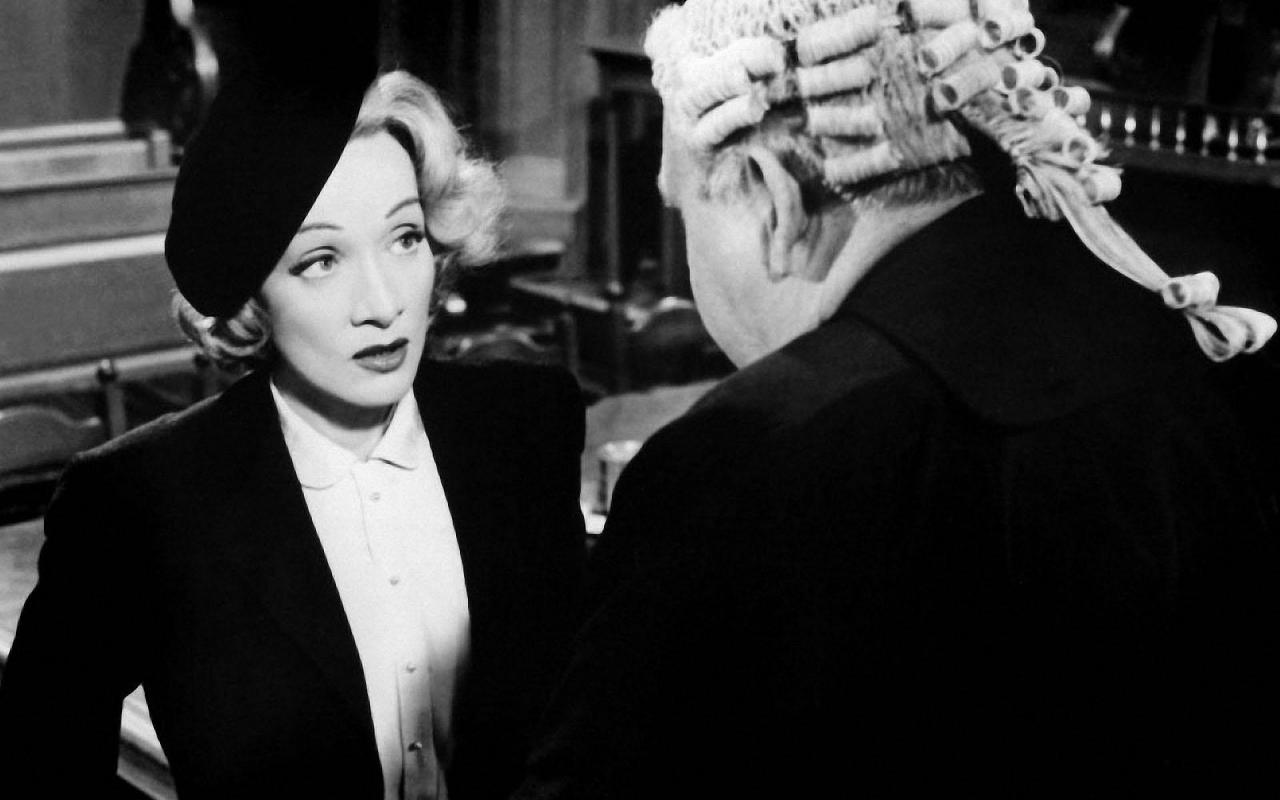
There have been many very fun movies based on Agatha Christie, but almost none of them were the product of an auteur; all the films listed so far mostly lack an individual cinematic identity. There were only two truly great directors to have ever taken on Christie’s work and put their stamp on it, and the first to do it was Billy Wilder with “Witness for the Prosecution.”
Wilder could take anything and imbue it with his personal style, but here he’s aided by the fact that even for Christie herself, this is a bit of a departure. It’s based on a play instead of a novel and, though it does concern a murder, it doesn’t follow the whodunnit formula, with multiple suspects that could be responsible for the killing. Instead, it’s a courtroom drama, with one possibly innocent man being accused of murder and a lawyer trying to defend him.
Due, in part, to that set-up, this movie lacks the complexity of plot that characterizes the last two entrances. However, it does feature several twists and turns, especially toward the end, all of which Wilder, a master storyteller, navigates with pristine clarity, never forgetting to extract maximum suspense at every opportunity.
If you are familiar with their work, it’s possible to notice what came from who: the witty and cynical dialogue is mostly Wilder, and the labyrinthine plotting and dramatic last minute twists are all Christie. However, he proves to be surprisingly fitted to adapt her work, since they both share a common quality: a knack for establishing characters very quickly and memorably through their idiosyncrasies. The first few scenes of this movie, which introduce the lawyer (wonderfully played by Charles Laughton) are the prime example of that, mining comedy from his childish petulance but also intrigue from his obvious intelligence. A must-see for fans of both artists.
1. Murder on the Orient Express (1974)
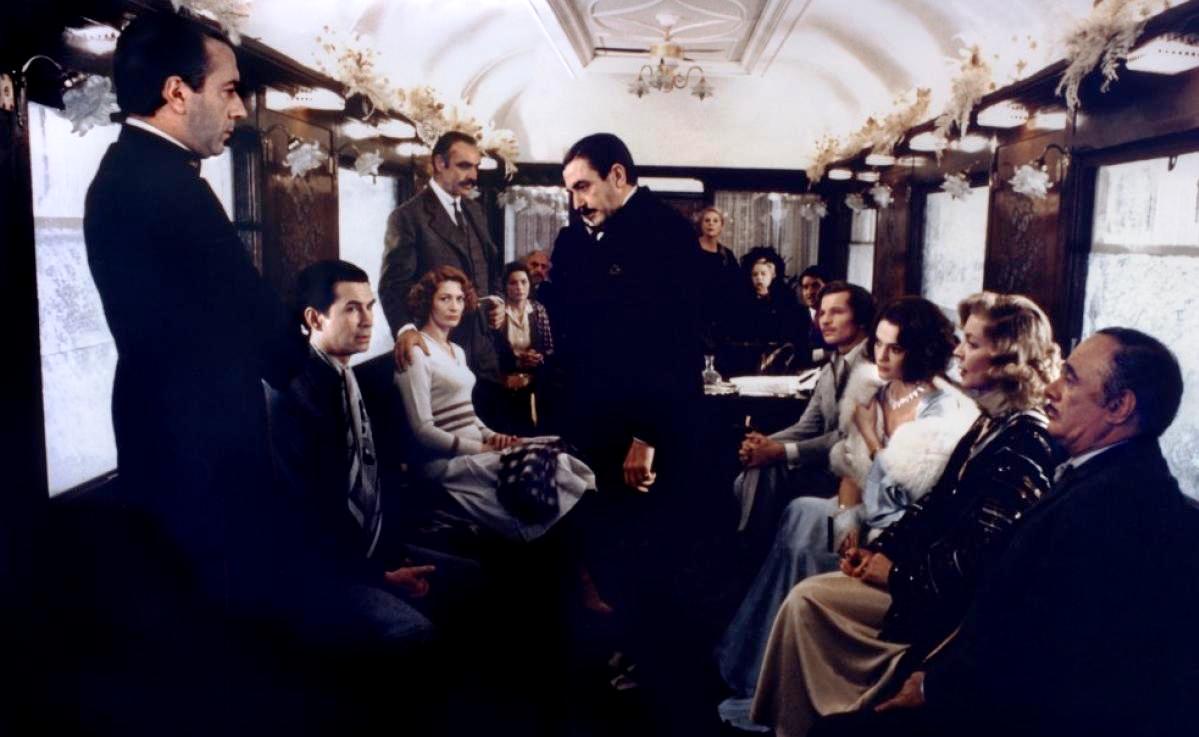
Billy Wilder was the first to elevate Christie’s material into cinematic greatness; Sidney Lumet was the second and, arguably, the one that did it the best – and still is unsurpassed.
His version of “Murder on the Orient Express” is still every bit as compulsively entertaining as it was when it debuted in 1974. However, watching it today, the viewer should take into account the fact that this was a trend-setting film: every single one of the elements that have come to define not only Agatha Christie adaptations but also murder mystery whodunnits movies in general started here.
This was the film that introduced and popularized the concept of having a huge cast of A-lister’s in every role (including, in this case, an Oscar-winning performance by Ingrid Bergman); defined the blueprint for how to execute the obligatory “detective explains everything” scene; and simply demonstrated that it was possible to take these kinds of books, usually modest in imagery, and create a truly cinematic vision of them. Of course there had been whodunnits before this (most notably, perhaps, the 1946 British movie “Green Danger”), but “Murder on the Orient Express” created a whole style specific for it and every subsequent movie in the genre, from “Clue” to “Knives Out,” is indebted to this film.
This movie is never brought up when discussing Lumet’s career, mainly because the guy was so good, particularly in his 70s run, that his many other classics take center stage. But this is absolutely a product of his genius that, combined with Christie’s own, makes for a bonafide classic.